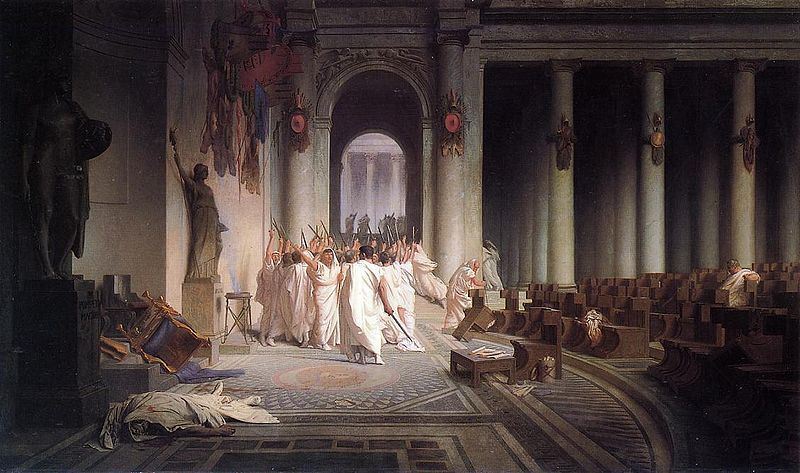International Media and Conflict Resolution
 I’ve just received my new copy of the Marquette Law Review, which includes a fascinating collection of papers on the role of the media in international conflict resolution. This symposium issue emerged from the Law School’s conference on this topic last spring, which was organized by Professors Andrea Schneider and Natalie Fleury. In her introductory essay to the symposium, Andrea explains the genesis of the conference this way:
I’ve just received my new copy of the Marquette Law Review, which includes a fascinating collection of papers on the role of the media in international conflict resolution. This symposium issue emerged from the Law School’s conference on this topic last spring, which was organized by Professors Andrea Schneider and Natalie Fleury. In her introductory essay to the symposium, Andrea explains the genesis of the conference this way:
For conflict resolution scholars, the idea of focusing on the media is a logical one. After all, the media is the primary method through which the public and political leadership perceive and understand conflicts at home and abroad. If we are working to better handle these conflicts, the way that these conflicts are explained and understood is a crucial part of that process. Do the media have a responsibility to report all sides, even if one side is “wrong”? Do the media share in responsibility for escalation of a conflict if the reporting is incendiary? (The conviction of certain media figures involved in the Rwandan genocide and the use of “Tokyo Rose” during World War II are only two stark examples of how media can be directly involved in conflict.) And what of the responsibility of conflict specialists — are those of us in the conflict resolution field ignoring the media at our peril?
The symposium issue includes not only general, theoretical articles, but also case studies of specific conflicts from Iraq to Tibet to Peru. All of the articles can be downloaded from the Law Review’s website, as can video from the conference. The full list of articles and authors is after the jump. Congratulations to the editors of Volume 93 for a great first issue!
Seventh Circuit Weighs in on Bankruptcy Fraud
 In the wake of a surge in bankruptcies, can a boom in bankruptcy fraud prosecutions be far behind? If so, district court judges will benefit from the Seventh Circuit’s opinion today in United States v. Peel (No. 07-3933), which addressed a number of unsettled legal questions.
In the wake of a surge in bankruptcies, can a boom in bankruptcy fraud prosecutions be far behind? If so, district court judges will benefit from the Seventh Circuit’s opinion today in United States v. Peel (No. 07-3933), which addressed a number of unsettled legal questions.
The facts in Peel were unusually lurid for a bankruptcy case. Back in the 1970’s, Peel had an affair with his wife’s sixteen-year-old sister. Although the affair ended after a few months, Peel kept several nude pictures of the sister. Some time later, Peel was divorced from his wife, and bankruptcy followed. Peel’s largest financial obligation was to his ex-wife: $230,000 plus an additional $2500 per month for the rest of his life, pursuant to the terms of the divorce settlement. The ex-wife filed a claim in the bankruptcy proceedings in order to ensure that these obligations were not discharged. Peel then attempted to pressure her into dropping the claim by threatening to release the nude pictures of her sister. The ex-wife complained to police, and Peel was eventually convicted of bankruptcy fraud, obstruction of justice, and possession of child pornography.
Judge Posner, writing for the court, addressed several issues relating to Peel’s convictions and sentence.
- Go to the previous page
- 1
- …
- 113
- 114
- 115
- 116
- 117
- 118
- 119
- …
- 188
- Go to the next page

